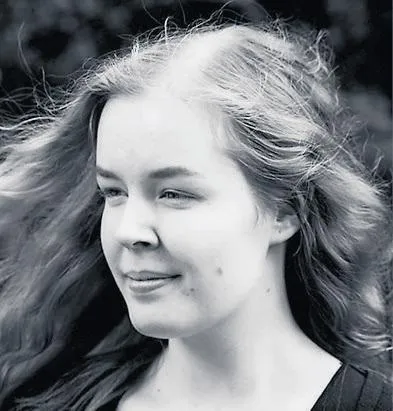The change in the reporting of the cause of death of a Dutch teenager (which the media saw as preventable) highlighted how support-ers of assisted dying are keen to ensure that euthanasia’s growing acceptance in society continues. First reported as being ‘eutha-nasia’, days later Noa Pothoven’s cause of death was altered to one of ‘non-intervention’.
Many were horrified at the lack of sup-port available for a girl suffering with a mental illness, who had been waiting over a year for treatment for an eating disorder. Others were saddened that someone so young would entertain the idea of eutha-nasia. ‘It is difficult to imagine a teenager with no physical ailments essentially being allowed to starve herself’, said the BBC. Noa’s devastated parents believe the Dutch authorities failed them.
Noa was not given a cocktail of drugs, as 81 other, presumably terminally ill, teen-agers in Holland were in 2018. She died as a result of self-induced starvation. This ‘palliative sedation’ can be administered in Holland when a patient’s life expectancy is no more than two weeks.


